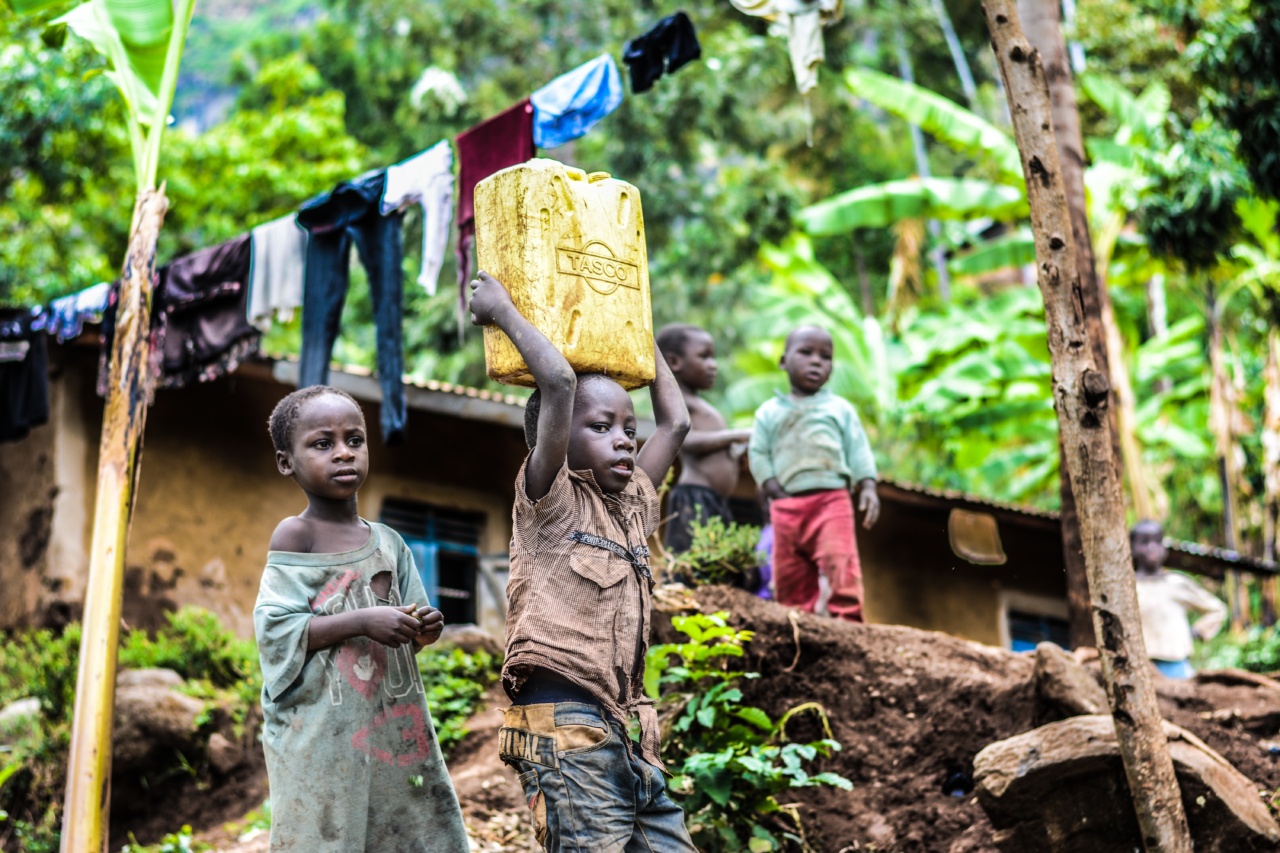Divorces can be a challenging time for everyone involved, especially for children. The aftermath of divorce can leave lasting impacts on a child’s life, affecting their future successes and achievements.
While no divorce is ideal, some are worse than others and can have life-long consequences for the child.
Negative Effects of a “Bad” Divorce on Children
The negative effects of a “bad” divorce can be detrimental to a child’s development, self-esteem, and future success. Here are some ways that a “bad” divorce can impact a child’s future:.
1. Diminished Educational Performance
A “bad” divorce can have a significant impact on a child’s academic performance.
Children whose parents had a hostile divorce are more likely to have trouble concentrating in school, making it difficult for them to succeed academically. Their grades are often affected, leading to a diminished desire to excel or pursue higher education.
2. Behavioral Issues
Children of “bad” divorces can experience behavioral problems, including aggression, anxiety, depression, and acting out in school.
They may feel unable to express their emotions or control their actions, leading to negative behavior patterns that continue long into adulthood. This, in turn, can affect their ability to form healthy relationships with their peers, which may interfere with their academic and personal success.
3. Low Self-Esteem
A “bad” divorce can have a significant impact on a child’s self-esteem. Children who have experienced a high-conflict divorce often feel overwhelmed and powerless, making them doubt their abilities and self-worth.
This can lead to a lack of confidence and insecurity, which can hinder their ability to pursue success in the future.
4. Trust Issues
Divorce can also lead to trust issues in children, which can affect their personal and professional relationships in the future. When a child’s parents go through a “bad” divorce, they may witness lies, deceit, and betrayal.
This can lead to difficulty in trusting others, believing in the goodness of others, and forming healthy relationships with others.
5. Economic Struggles
A “bad” divorce can often lead to economic struggles for families. Parents may struggle financially after the divorce, which can impact a child’s future success.
Economic hardship can affect a child’s ability to access resources and opportunities that could help them excel academically or pursue their chosen career paths.
6. Substance Abuse and Addiction
Children who have experienced a “bad” divorce may turn to substance abuse or addiction to cope with the emotional pain they experience.
Substance abuse can interfere with their school attendance, academic performance, and future career opportunities, lowering their chances of achieving success.
7. Emotional Scarring
A “bad” divorce can cause lasting emotional scarring in children, which can impact their mental health and overall well-being.
These emotional scars can last well into adulthood, leading to depression, anxiety, and other mental health issues.
8. Interference with Parent-Child Relationship
A “bad” divorce can interfere with a parent-child relationship, leading to a strained or nonexistent relationship with one parent.
This can lead to difficulties in forming healthy relationships, trusting others, and a lack of emotional support in the future.
9. Legal Issues
Legal issues resulting from a “bad” divorce, such as custody battles and court proceedings, can also impact a child’s future success.
These legal issues can cause stress and anxiety in children, affecting their mental health and academic performance. Children who are caught in the middle of legal battles may also develop trust issues and emotional scars.
10. Role Model Modeling
Children learn by observing their parents’ behavior, attitudes, and habits. A “bad” divorce can set an unhealthy example for children, leading them to adopt negative habits and attitudes that may hinder their future success.
For instance, they may adopt a negative attitude towards relationships and marriage, leading them to avoid healthy relationships and marriages in the future.
Conclusion
In conclusion, a “bad” divorce can have lasting impacts on a child’s future success, including diminished educational performance, behavioral issues, low self-esteem, trust issues, economic struggles, substance abuse and addiction, emotional scarring, interference with parent-child relationship, legal issues and role model modeling. It is, therefore, essential for parents to prioritize their children’s well-being during and after a divorce to prevent long-term effects on their children’s future.





























